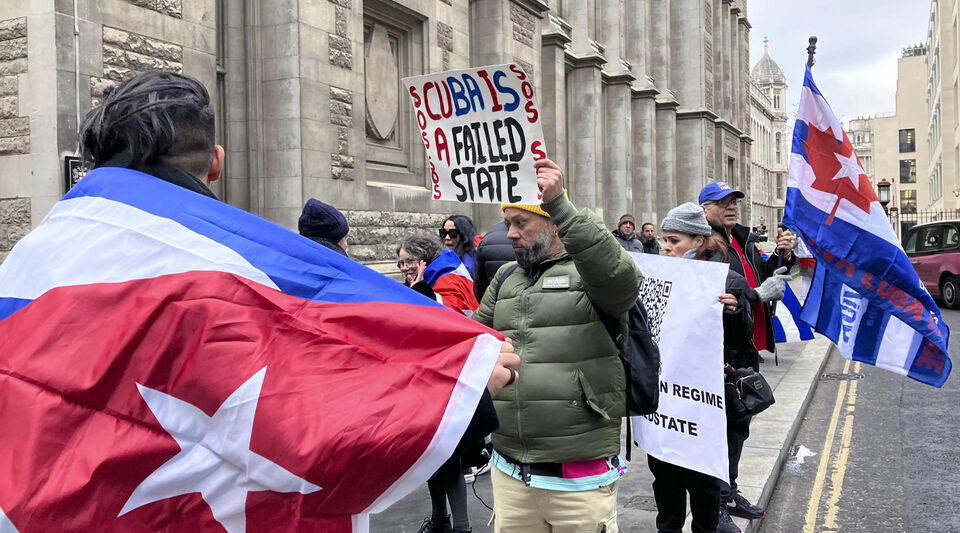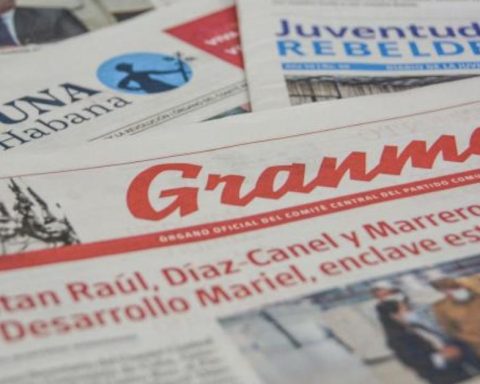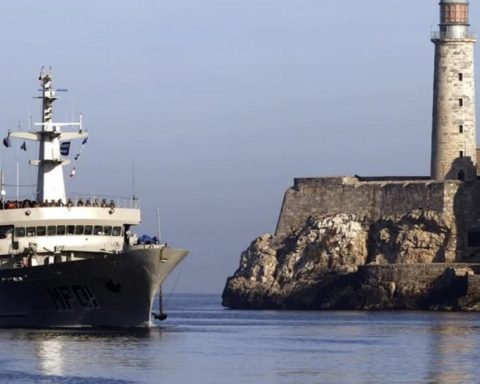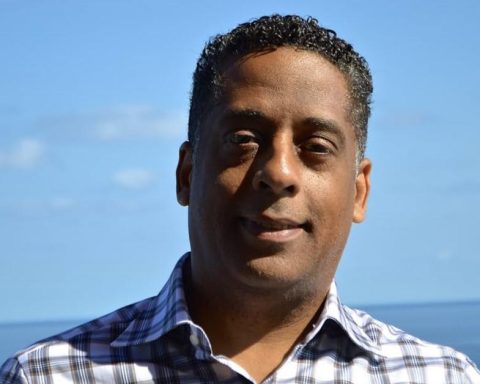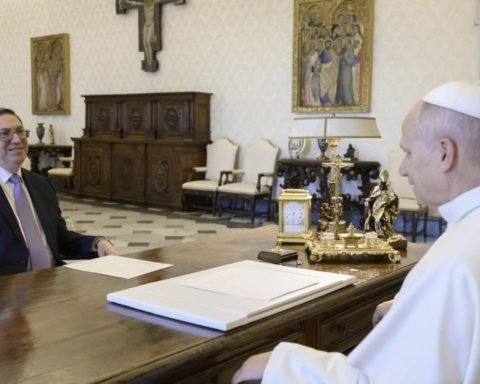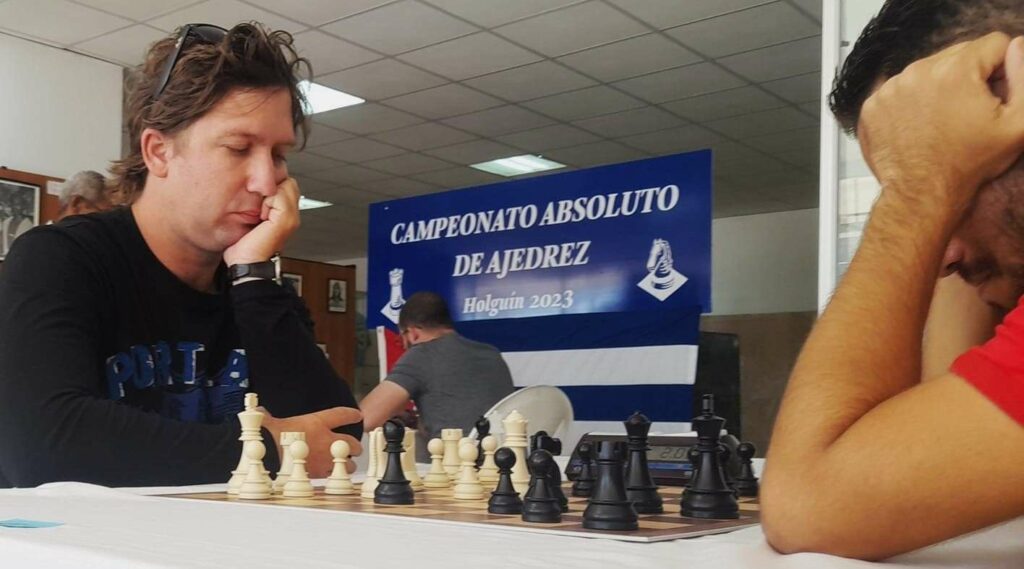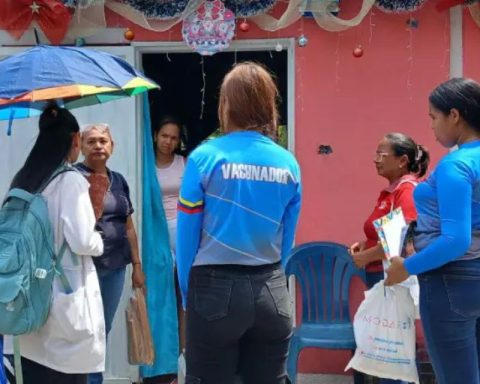(EFE) this Thursday.
1. What is being resolved in this trial?
The process before the commercial division of the High Court of Justice in London seeks to establish if CRF is a legitimate creditor of Cuba – if it has the right to claim payment of the sovereign debt to Havana – and if this court has jurisdiction over this matter. After the end of the public part, it will take weeks, even months, until the court issues a sentence. The court does not have to publish it and its dissemination may depend on the parties. In addition, the ruling will not be final, which could be appealed, prolonging the process. Regarding the substance of the matter, the experts agree in pointing out the importance of the ruling for Cuba, which is going through a very delicate financial situation after more than two years of serious economic crisis.
2. Who are the plaintiffs and defendants?
The lawsuit was filed by the CRF I venture capital fund, founded in 2009 and based in the Cayman Islands, a tax haven. According to different sources, it is the largest holder of Cuba’s sovereign debt and accumulates bonds for 1.2 billion euros (1.3 billion dollars).
The BNC is a Cuban state bank with commercial powers, but which until 1997 also acted as a central bank. In that year, the Cuban government created the Central Bank of Cuba (BCC) and limited the functions of the BNC to commercial ones. However, it continued to be responsible for the registration, control and service of the debt it had placed. This means that whoever would respond first to the debt would be the BNC. That is why CRF I also sued the Republic of Cuba. In the event that he wins the trial, he will also be able to demand that the Cuban State satisfy the debt with his funds and assets.
3. Where does this debt come from?
The debt originated from two credits that Cuba closed in 1984 with two European banks, the French Crédit Lyonnais and the Italian L’Istituto Bancario Italiano, with the BNC as guarantor. Three years later, the then Cuban president, Fidel Castro, declared his country’s debt “unpayable” – and in general that of all the former colonies – and the island stopped complying with its creditors.
The situation changed with the arrival of his brother Raúl to the presidency in 2006, who tried to reopen the door of the international financial markets as part of the economic reforms he launched.
Cuba renegotiated its debt with the Paris Club (where the main creditor nations are) in 2015 and again in 2021. Also with Russia, which forgave a large part of the credits granted during the Soviet era and again improved conditions in 2022.
But Havana did not negotiate with the London Club (where private creditors are grouped). CFR I assures that he contacted Cuba on several occasions to reach an agreement, but that in seven years he received no response. In February 2020, he filed the lawsuit that led to this process.
4. What have been the arguments of the prosecution and the defense?
Cuba has reiterated that CFR I is not a legitimate creditor. His argument has three fundamental lines:
– That the fund obtained this debt illegally, bribing a BNC employee. On this, the former worker himself, convicted of bribery, has testified electronically from a prison on the Island.
– That the procedures were not followed for the acquisition of this debt: neither did he obtain the two pertinent signatures nor did he receive government authorization.
– That CFR I is a “vulture fund” that only seeks litigation and does not act as a “responsible” creditor.
CFR I, which denies being a “vulture fund”, assures that it did not bribe any employee and has questioned the veracity of the prison official’s testimony, alleging that he could have been pressured by the island government. He further claims that he acquired the debt correctly and is therefore a legitimate creditor.
5. What consequences can the sentence have?
The court has to decide whether CFR I is a legitimate creditor and, more importantly, whether it has jurisdiction over this matter.
On the first point, you could decide one way or the other, and that would mainly affect CFR I. That is, whether or not you can claim that debt.
But the fundamental thing is, as the Cuban-American lawyer Luis Carlos Battista explained to EFE, if the court “decides that there is jurisdiction,” because new demands could come from different creditors. There are billions of dollars at stake.
They would claim the debt from Havana and even try to pay it off with state assets abroad, where Cuba has a network of companies, including banks. Many of them belong to Gaesa, the business conglomerate of the Ministry of Defense, which controls telecommunications, remittances, imports and tourism on the island, among other sectors.
For this, another trial would be necessary, in which the creditors – on whom the burden of proof would fall – would have to ask the court to lift the corporate veil of Gaesa or its subsidiaries.
________________________
Collaborate with our work:
The team of 14ymedio He is committed to doing serious journalism that reflects the reality of deep Cuba. Thank you for accompanying us on this long road. We invite you to continue supporting us, but this time becoming a member of our newspaper. Together we can continue transforming journalism in Cuba.
